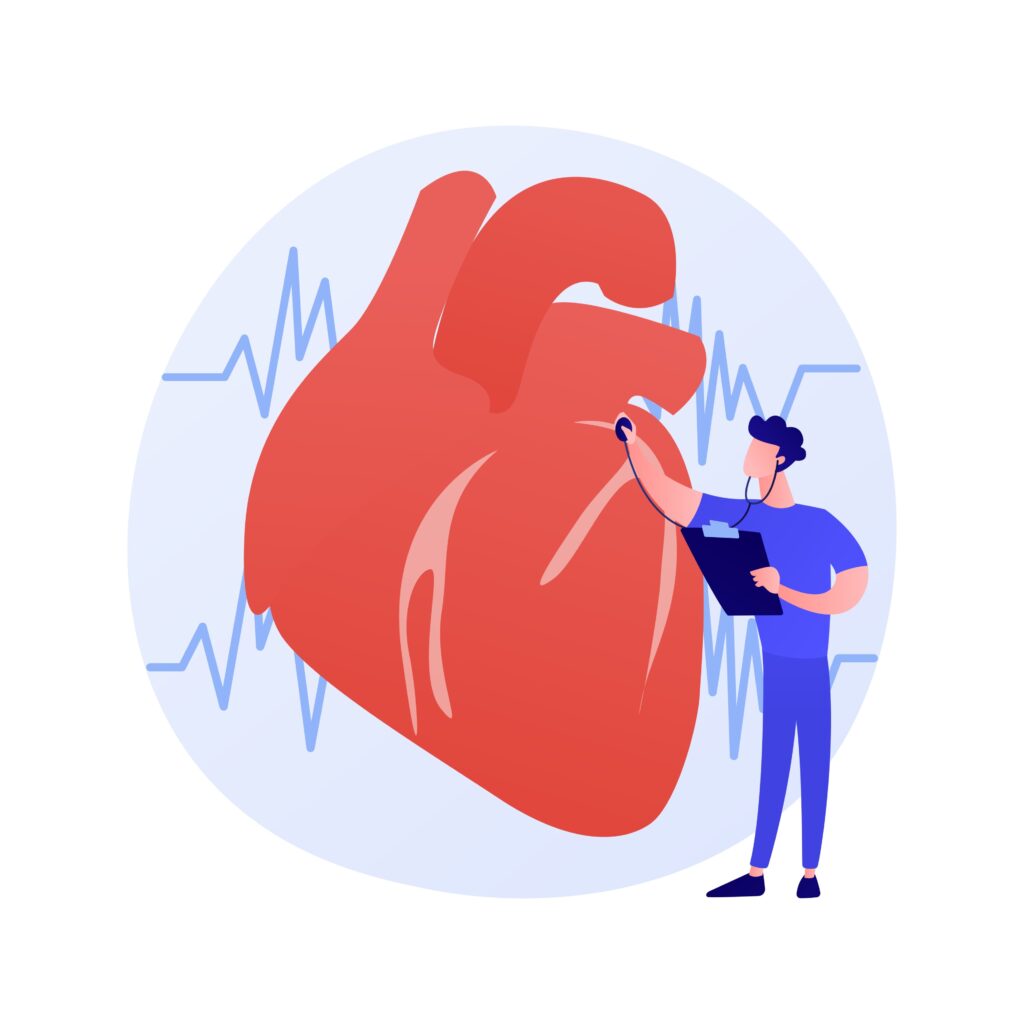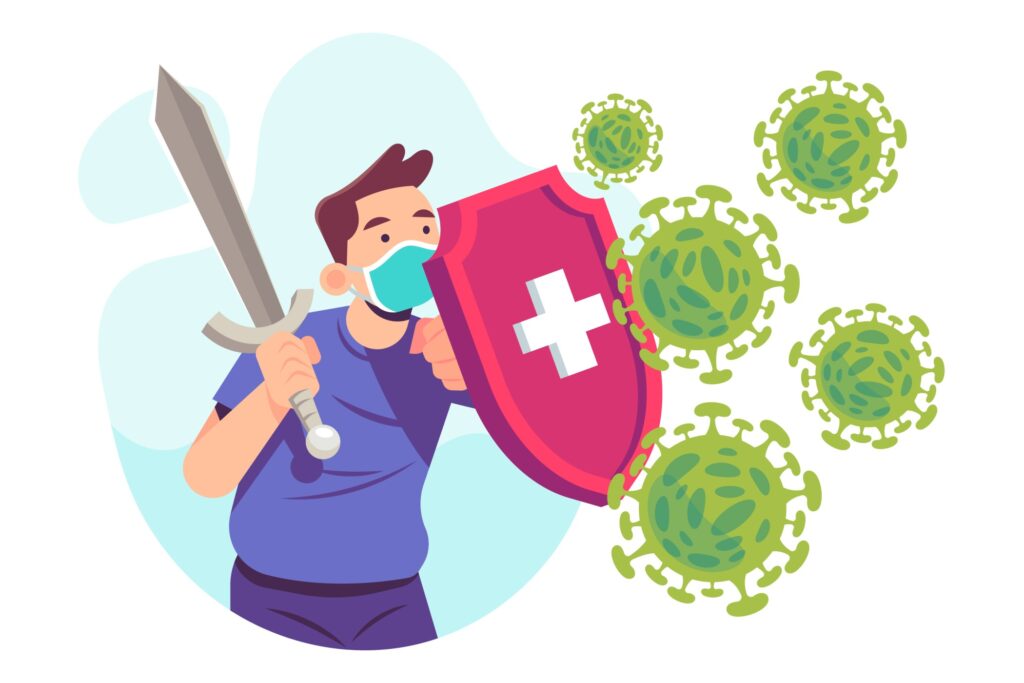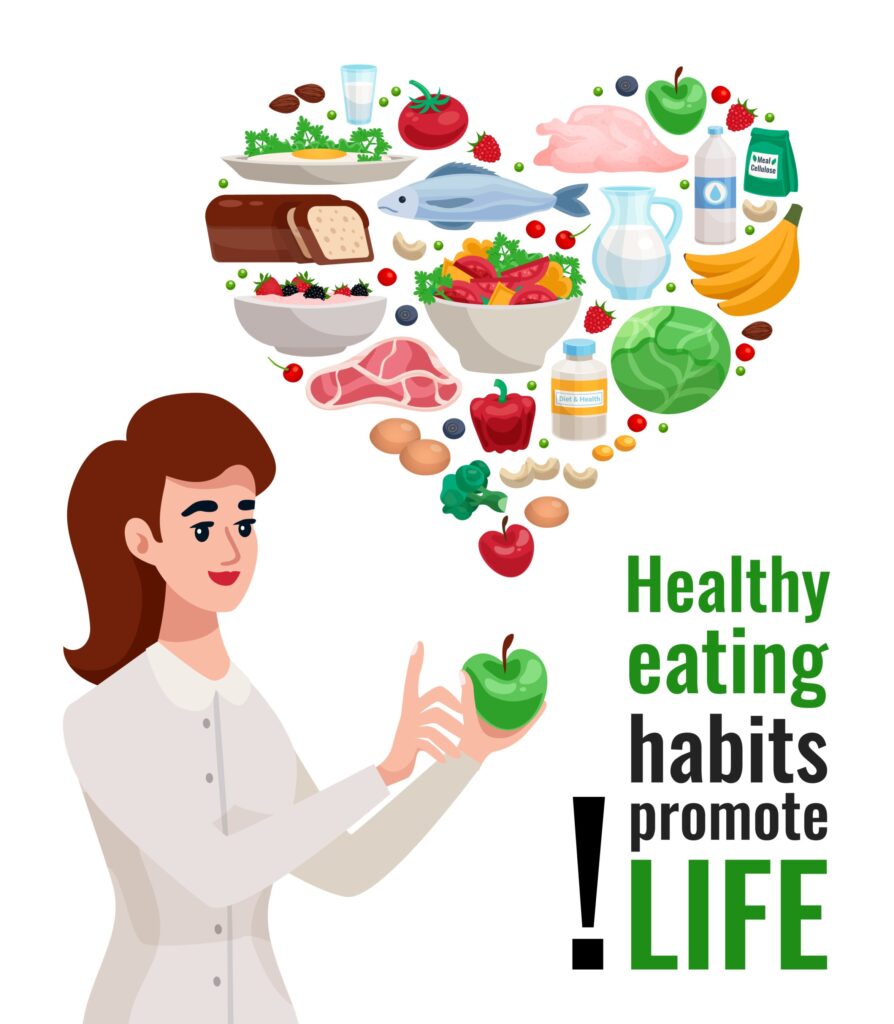Pregnancy Care: Do’s and Don’ts for Expecting Mothers

Pregnancy Care: Do’s and Don’ts for Expecting Mothers Call :+91-7412-244797 Facebook Twitter Youtube Pregnancy is a beautiful journey filled with excitement, anticipation, and responsibility. Expecting mothers need to take extra care of their health, as their well-being directly impacts the baby’s development. Proper prenatal care, a balanced lifestyle, and avoiding harmful habits can ensure a safe and healthy pregnancy. Here’s a guide to the essential do’s and don’ts every pregnant woman should follow. Do’s for a Healthy Pregnancy Eat a Nutritious Diet A well-balanced diet is crucial for the health of both mother and baby. Include plenty of fresh fruits, vegetables, whole grains, lean proteins, and dairy products. Foods rich in folic acid, iron, calcium, and omega-3 fatty acids play a vital role in fetal development. Staying hydrated by drinking plenty of water is also essential. Take Prenatal Vitamins Doctors often recommend prenatal vitamins, including folic acid, iron, and calcium, to support the baby’s growth. Folic acid helps prevent neural tube defects, while iron supports red blood cell production, reducing the risk of anemia. Stay Active with Safe Exercises Mild to moderate exercise, such as walking, prenatal yoga, and swimming, can help improve circulation, reduce stress, and ease pregnancy discomfort. However, it’s important to consult a doctor before starting any fitness routine to ensure it is safe. Get Enough Rest Pregnancy can be exhausting, and adequate rest is necessary for both the mother and the growing baby. Sleeping on the left side is recommended, as it improves blood circulation to the placenta. Taking short naps during the day can also help combat fatigue. Attend Regular Prenatal Checkups Routine doctor visits help monitor the baby’s growth and detect any potential complications early. Regular ultrasounds, blood tests, and screenings ensure the pregnancy is progressing smoothly. Following the doctor’s advice and keeping up with vaccinations is crucial. Manage Stress and Emotions Hormonal changes can lead to mood swings and stress. Practicing relaxation techniques such as deep breathing, meditation, or prenatal massage can help maintain emotional well-being. Surrounding yourself with supportive family and friends can also provide comfort and reassurance. Maintain Good Hygiene Pregnant women are more vulnerable to infections. Washing hands frequently, avoiding raw or undercooked food, and maintaining overall cleanliness can prevent illnesses that could affect the baby. Don’ts to Avoid Complications Avoid Smoking, Alcohol, and Caffeine Overuse Smoking and alcohol consumption during pregnancy can lead to serious birth defects, premature birth, and low birth weight. It’s best to quit smoking and avoid alcohol completely. Additionally, excessive caffeine intake can increase the risk of miscarriage, so it’s advisable to limit coffee, tea, and soda consumption. Steer Clear of Unhealthy Foods Certain foods can be harmful during pregnancy. Avoid raw or undercooked seafood, deli meats, unpasteurized dairy, and high-mercury fish such as shark and swordfish. These can contain harmful bacteria or toxins that might affect fetal development. Don’t Take Unprescribed Medications Some over-the-counter and prescription drugs can be unsafe for pregnant women. Always consult a doctor before taking any medication, including herbal supplements, to prevent complications. Avoid Heavy Lifting and Strenuous Activities Lifting heavy objects, standing for prolonged periods, or engaging in high-impact activities can strain the body and increase the risk of complications. Pregnant women should also be cautious about sudden movements that could cause dizziness or falls. Stay Away from Harmful Chemicals Household cleaning products, pesticides, and certain beauty treatments may contain harmful chemicals that could affect the developing baby. Opt for natural or pregnancy-safe products whenever possible. Limit Stress and Overexertion Too much physical or emotional stress can have a negative impact on pregnancy. It’s important to balance work, rest, and relaxation. Practicing mindfulness and seeking support when needed can help maintain mental and emotional well-being. Final Thoughts Pregnancy is a life-changing experience, and taking proper care of yourself during this time ensures a healthy and safe journey for both mother and baby. Following the right habits, avoiding harmful substances, and staying in touch with healthcare providers can make all the difference. By being mindful of these do’s and don’ts, expecting mothers can enjoy a smooth and healthy pregnancy while preparing to welcome their little one with joy and confidence. February 15, 2025 Pregnancy Care: Do’s and Don’ts for Expecting Mothers February 15, 2025 Read More February 15, 2025 Early Symptoms of Heart Disease You Shouldn’t Ignore February 15, 2025 Early Symptoms of Heart Disease You Shouldn’t Ignore Call :+91-7412-244797…Read More February 15, 2025 How to Strengthen Your Immune System Naturally February 15, 2025 How to Strengthen Your Immune System Naturally Call :+91-7412-244797 Facebook…Read More
Early Symptoms of Heart Disease You Shouldn’t Ignore

Early Symptoms of Heart Disease You Shouldn’t Ignore Call :+91-7412-244797 Facebook Twitter Youtube Heart disease is one of the leading causes of death worldwide, and in many cases, it develops silently before showing severe symptoms. Recognizing the early warning signs can be crucial in preventing serious complications. Many people ignore mild symptoms, attributing them to fatigue, stress, or other less serious conditions. However, paying attention to your body can help detect potential heart issues before they become life-threatening. Chest Discomfort and Pain One of the most common early symptoms of heart disease is chest discomfort. This can manifest as pressure, tightness, squeezing, or a burning sensation. While not all chest pain is heart-related, any unexplained or persistent discomfort should be taken seriously. It may occur during physical activity or even at rest, signaling that the heart is struggling to pump blood efficiently. If you experience sudden or severe chest pain, seeking medical help immediately is crucial. Shortness of Breath and Unexplained Fatigue Difficulty breathing, even during mild activities, could be a warning sign of heart trouble. If you find yourself gasping for air or feeling unusually breathless, it may indicate that your heart is not functioning properly. Alongside this, persistent fatigue or extreme tiredness—even after getting adequate rest—should not be ignored. The heart plays a vital role in circulating oxygen-rich blood throughout the body, and when it struggles, it can leave you feeling weak and drained. Dizziness, Lightheadedness, and Fainting Frequent dizziness or episodes of lightheadedness can signal an issue with blood circulation. If your heart is not pumping effectively, it can lead to fluctuations in blood pressure, making you feel unsteady or even causing fainting spells. While occasional dizziness may be harmless, experiencing it repeatedly—especially alongside other symptoms like palpitations or chest discomfort—warrants medical attention. Swelling in the Legs, Feet, and Ankles Fluid retention in the lower body can indicate an underlying heart problem, particularly heart failure. When the heart is unable to circulate blood efficiently, fluid builds up in the tissues, causing noticeable swelling in the feet, ankles, and legs. This condition, known as edema, may also be accompanied by weight gain and discomfort. If swelling occurs suddenly or persists without an apparent cause, it’s essential to consult a healthcare professional. Irregular Heartbeat and Heart Palpitations An occasional skipped beat or rapid heartbeat might not seem alarming, but frequent irregularities in your heart rhythm could be a sign of an underlying problem. Heart palpitations, fluttering sensations, or an unusually fast or slow heart rate may indicate arrhythmia, a condition where the heart beats abnormally. While some arrhythmias are harmless, others can lead to serious complications, including stroke or heart failure. Monitoring these symptoms and seeking medical advice can help prevent major health risks. Jaw, Neck, and Upper Back Pain While chest pain is a well-known symptom of heart disease, discomfort in other areas of the upper body can also be a warning sign. Pain in the jaw, neck, shoulders, or upper back—especially when it appears suddenly or worsens with exertion—may indicate a heart issue. Women, in particular, often experience these less typical symptoms during a heart attack. Paying attention to unexplained aches and seeking medical evaluation can be lifesaving. Persistent Cough with Pink or White Mucus A long-lasting cough that produces white or pink mucus can be an indication of heart failure. This occurs when fluid builds up in the lungs due to the heart’s inability to pump effectively. While a cough is commonly associated with respiratory infections, if it persists without an obvious cause, it may be linked to an underlying heart condition. Consulting a doctor is necessary to rule out any serious issues. Cold Sweats and Nausea Sudden cold sweats, clammy skin, or unexplained nausea can be early warning signs of a heart attack. Many people mistake these symptoms for the flu or a minor illness, but when combined with other heart-related symptoms, they should not be overlooked. If you experience excessive sweating without physical exertion, along with discomfort in the chest or upper body, seek emergency medical assistance immediately. When to Seek Medical Help If you notice any of these symptoms, especially if they occur together, it is important to consult a doctor as soon as possible. Heart disease can often be managed with early detection, lifestyle changes, and appropriate medical care. A healthy diet, regular exercise, stress management, and avoiding smoking or excessive alcohol consumption can significantly lower the risk of heart disease. February 15, 2025 Early Symptoms of Heart Disease You Shouldn’t Ignore February 15, 2025 Read More February 15, 2025 How to Strengthen Your Immune System Naturally February 15, 2025 How to Strengthen Your Immune System Naturally Call :+91-7412-244797 Facebook…Read More February 15, 2025 10 Daily Habits for a Healthy Life February 15, 2025 10 Daily Habits for a Healthy Life Call :+91-7412-244797 Facebook…Read More
How to Strengthen Your Immune System Naturally

How to Strengthen Your Immune System Naturally Call :+91-7412-244797 Facebook Instagram Youtube A strong immune system is essential for protecting your body from infections, viruses, and diseases. While there is no magic pill to boost immunity overnight, adopting a healthy lifestyle can naturally enhance your body’s defense system. Here are some science-backed ways to strengthen your immune system naturally. 1. Eat a Nutrient-Rich Diet Your diet plays a crucial role in immune health. Focus on foods that provide essential vitamins and minerals: Vitamin C (found in citrus fruits, bell peppers, and spinach) helps boost white blood cell production. Vitamin D (found in sunlight, fatty fish, and fortified foods) supports immune response. Zinc (found in nuts, seeds, and legumes) helps fight infections. Probiotics (found in yogurt, kimchi, and kefir) support gut health, which is linked to immunity. 2. Get Enough Sleep Lack of sleep can weaken the immune system, making you more vulnerable to illnesses. Aim for 7-9 hours of quality sleep each night. Establish a consistent bedtime routine, reduce screen time before sleep, and create a comfortable sleeping environment. 3. Stay Hydrated Water helps flush out toxins, transport nutrients, and keep your immune cells functioning properly. Aim to drink at least 8 glasses of water daily and avoid excessive caffeine or sugary drinks. 4. Manage Stress Effectively Chronic stress releases cortisol, which can suppress the immune system. Reduce stress through: Meditation and deep breathing exercises Yoga or stretching Spending time in nature Engaging in hobbies and relaxation activities 5. Exercise Regularly Moderate exercise boosts circulation, promotes the production of immune cells, and reduces inflammation. Aim for 30 minutes of physical activity daily, such as: Walking or jogging Yoga or stretching Strength training Cycling or swimming Avoid excessive exercise, as overtraining can weaken the immune system. 6. Get Enough Sunlight for Vitamin D Vitamin D is crucial for immune function. Spend at least 15-30 minutes in sunlight daily, especially in the morning. If sunlight exposure is limited, consider vitamin D-rich foods or supplements after consulting a doctor. 7. Avoid Smoking & Limit Alcohol Smoking and excessive alcohol consumption can weaken your immune defenses. Reduce or quit smoking and limit alcohol intake to keep your immune system strong. 8. Maintain Good Hygiene Prevent infections by practicing proper hygiene: Wash your hands regularly with soap and water Cover your mouth when coughing or sneezing Keep your surroundings clean Avoid touching your face frequently 9. Consume Herbal & Natural Remedies Certain natural herbs and remedies have immune-boosting properties: Ginger & Turmeric – Anti-inflammatory and antibacterial benefits Garlic – Contains compounds that help fight infections Green Tea – Rich in antioxidants that support immunity Honey & Lemon – Soothing and antibacterial properties 10. Maintain a Healthy Gut Your gut health is closely linked to immunity. Eat fiber-rich foods, fermented foods (like yogurt and kimchi), and prebiotics (like garlic and onions) to maintain a healthy gut microbiome. February 15, 2025 How to Strengthen Your Immune System Naturally February 15, 2025 Read More February 15, 2025 10 Daily Habits for a Healthy Life February 15, 2025 10 Daily Habits for a Healthy Life Call :+91-7412-244797 Facebook…Read More February 4, 2025 Caring for yourself postpartum what every new mom should know February 4, 2025 Caring for yourself postpartum what every new mom should know…Read More
10 Daily Habits for a Healthy Life

10 Daily Habits for a Healthy Life Call :+91-7412-244797 Facebook Twitter Youtube Living a healthy life doesn’t require drastic changes—it’s all about adopting small daily habits that promote physical, mental, and emotional well-being. By making these habits part of your routine, you can improve your overall health and quality of life. Here are 10 essential daily habits for a healthier and happier life: 1. Start Your Day with Hydration Drinking a glass of water first thing in the morning helps kickstart your metabolism, flush out toxins, and rehydrate your body after a night’s rest. Aim to drink at least 8 glasses of water throughout the day to maintain optimal hydration. 2. Eat a Balanced Diet A nutritious diet rich in fruits, vegetables, whole grains, lean proteins, and healthy fats is key to overall health. Avoid processed foods and excessive sugar, and focus on nutrient-dense meals that fuel your body. 3. Get Regular Exercise Engage in at least 30 minutes of physical activity daily. Whether it’s walking, jogging, yoga, or strength training, regular exercise improves cardiovascular health, strengthens muscles, and boosts mood. 4. Prioritize Quality Sleep Sleep is essential for the body’s repair and recovery. Aim for 7-9 hours of quality sleep each night by maintaining a consistent sleep schedule, reducing screen time before bed, and creating a relaxing bedtime routine. 5. Manage Stress Effectively Chronic stress can lead to various health issues. Practice stress-management techniques such as meditation, deep breathing exercises, journaling, or engaging in hobbies to maintain mental well-being. 6. Maintain Good Hygiene Proper hygiene habits, such as washing hands frequently, brushing and flossing teeth daily, and keeping your living space clean, help prevent infections and contribute to overall well-being. 7. Cultivate Positive Relationships Surround yourself with supportive family and friends. Meaningful social connections reduce stress, enhance happiness, and contribute to emotional well-being. 8. Limit Screen Time Excessive screen time, especially on phones and computers, can lead to eye strain, sleep disturbances, and mental fatigue. Set boundaries on screen usage and take regular breaks to rest your eyes and mind. 9. Practice Gratitude Taking a moment to appreciate the good things in life improves mental health and overall happiness. Keeping a gratitude journal or simply reflecting on positive moments can enhance emotional well-being. 10. Stay Proactive About Your Health Regular health check-ups, vaccinations, and self-care routines help in early detection and prevention of diseases. Listen to your body, and seek medical advice when needed. February 15, 2025 10 Daily Habits for a Healthy Life February 15, 2025 10 Daily Habits for a Healthy Life Call :+91-7412-244797 Facebook…Read More February 4, 2025 Caring for yourself postpartum what every new mom should know February 4, 2025 Caring for yourself postpartum what every new mom should know…Read More

